SUMMARY
This is AI generated summarization, which may have errors. For context, always refer to the full article.
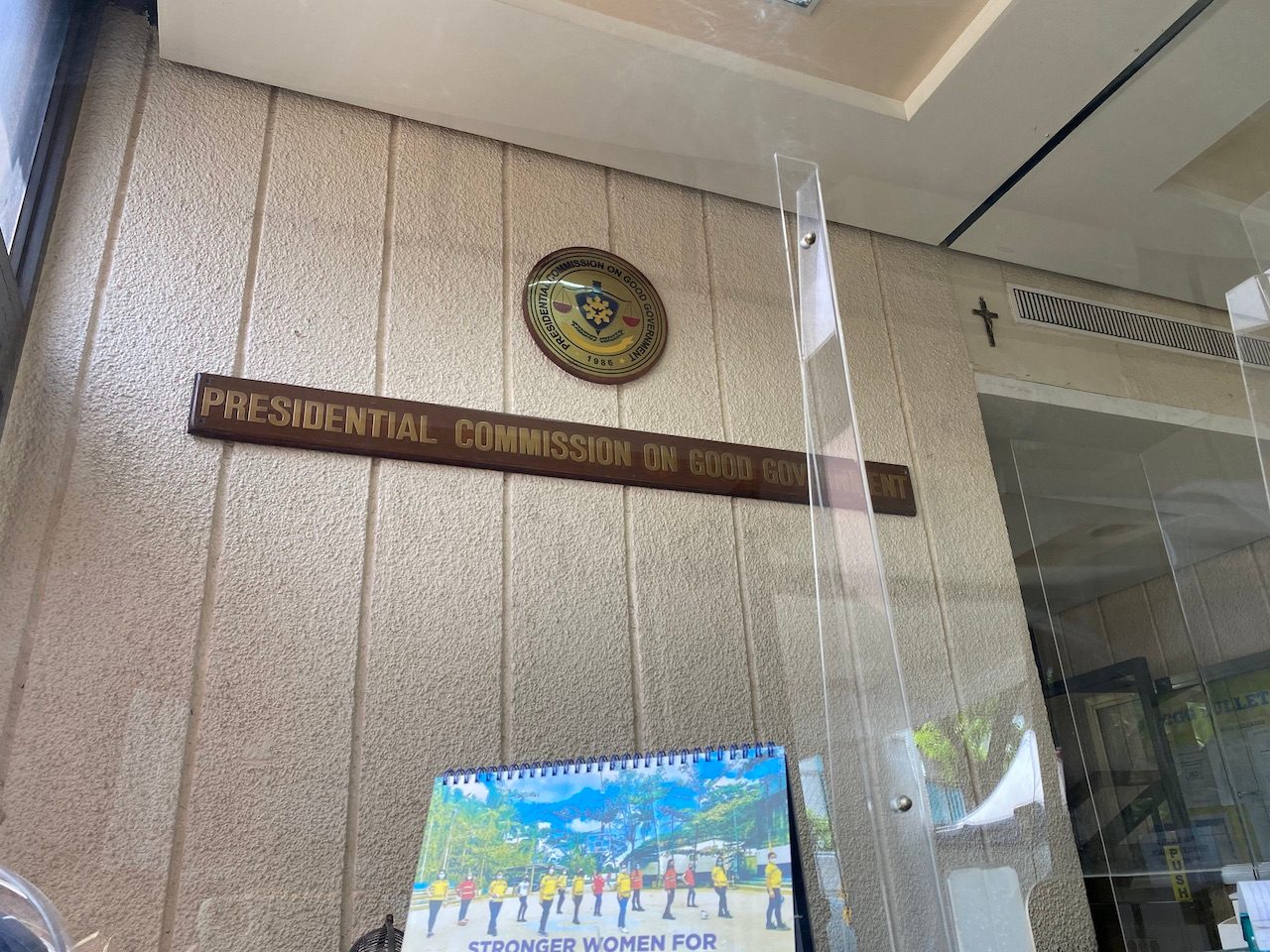
MANILA, Philippines – The Presidential Commission on Good Government (PCGG) ushered in a new era on Friday, July 1, unsure of its future under President Ferdinand “Bongbong” Marcos Jr., whose family’s stolen wealth is the agency’s main concern.
As of Friday, Marcos is yet to name the new commissioner of the PCGG, an agency created in 1986 by former president Corazon “Cory” Aquino to recover billions of stolen wealth from the Marcoses and their cronies.
John Agbayani, chairperson of the PCGG, at least as of June 30 or the last day of his principal former president Rodrigo Duterte, did not respond to Rappler’s question on whether they are on a holdover capacity. The first Cabinet meeting, traditionally held immediately after inauguration, did not push through Thursday.
According to Andres Bautista, former PCGG chairperson, the President – meaning Marcos – will appoint members of the commission. Unlike constitutional commissions whose members have fixed terms and are removable via impeachment, Bautista said the PCGG heads “serve at the pleasure of the president and may be removed at anytime,” he told Rappler.
Marcos said during the campaign that he was looking into expanding the powers of the PCGG so that it goes after other officials with stolen wealth, too. That is, however, a duplication of functions of the Office of the Ombudsman. The PCGG was created exclusively to recover Marcos loot as part of transitional justice when the people power revolution ousted the late dictator Ferdinand E. Marcos, the president’s father, in 1986.
Rodriguez says Marcos will look into how he will strengthen the PCGG, which has an exclusive mandate to recover the Marcoses and their cronies’ stolen wealth. We tried to follow up how it can expand when there’s already the Ombudsman, but Rodriguez walked away. | via @lianbuan pic.twitter.com/UEjuYsJPun
— Rappler (@rapplerdotcom) May 25, 2022
“The PCGG will be used by the Marcos family and I think Marcos Jr. has all but said so, to go after former Marcos cronies that the Marcos family considers to still be possessing, or in control of, assets that they claim are theirs. This will be a fight for ill-gotten wealth by the ill-gotters of that wealth,” Ruben Carranza said during Rappler’s In The Public Square with John Nery.
Carranza, currently based in New York and a senior expert at the International Center for Transitional Justice, was a commissioner at the PCGG and was in charge of the litigation that resulted in the Supreme Court decision from 2003 that declared as stolen wealth $658 million worth of the Marcos family’s assets.
“The Marcoses are more concerned with the accountability for corruptioon that they still have over their accountability for human rights violations…[The PCGG will be run] not by those who want to recover it and return to the people but those who want to recover it and return it to themselves,” said Carranza.

Will it be dissolved?
The PCGG had been at risk of dissolution several times across presidencies, and the most common attempt was to absorb the commission under another agency, particularly a sub-agency of the Department of Justice (DOJ) like the Office of the Solicitor General (OSG). Duterte’s solicitor general Jose Calida tried this during his term, but was unsuccessful.
Although the PCGG does not have a charter, and its legal existence depends on an Executive Order – Cory’s EO 1 – Bautista said, “EO 1 is an extraordinary EO because it was promulgated by President Cory Aquino pursuant to the executive and legislative powers vested in her by the Freedom Constitution.”
“So it has the force and effect of a statute and not merely an EO of the executive branch of government,” said Bautista.
If the Marcos government were to try to abolish the PCGG, it would have to be through a law passed by Congress. “However, from a practical standpoint, its powers can be clipped or diminished in various ways such as placing it under another agency or giving it a limited budget,” said Bautista.
In an earlier interview with Rappler, Justice Secretary Jesus Crispin “Boying” Remulla said it is not very likely that the PCGG will be abolished, at least not soon.
“I really don’t know now but I don’t think we want to rock the boat right now on that matter, because it’s not politically correct, and there are pending incidents in the courts, but I don’t think it’s right for us to do anything drastic about that,” Remulla said.

PCGG over the years
As of yearend 2020, the PCGG has recovered P174.2 billion from the stolen wealth of the Marcoses and their cronies. As of 2021, the PCGG still has P125.9 billion more to recover under litigation.
It is an office along EDSA of 133 employees, according to its 2020 report, the latest one available.
In 2020 alone, the PCGG got P333 million in cash recoveries and other income. The recoveries of the PCGG go to these places:
- Bureau of Treasury (for agrarian reform, the coco levy fund, and compensation of human rights victims)
- General fund of the PCGG
- OSG as the PCGG’s statutory counsel
- Office of the President
The Office the President, now under Marcos, will get proceeds from the compromise agreement of Meralco Foundation and the PCGG. According to the agreement, the dictator – through his brother-in-law and the President’s uncle Benjamin Romualdez – acquired using “sinister strategies and underhanded maneuvers” the Lopez shares of Meralco through the Meralco Foundation.
The PCGG has been consistently criticized for its accounting of its recoveries. For 2021, the Commission on Audit (COA) flagged, among others, 122 pieces of artwork which were not properly recorded in their books. The PCGG said some of the pieces are still under litigation.
Marcos’ chosen COA chairperson is Calida, a Marcos loyalist. – Rappler.com
Add a comment
How does this make you feel?
![[OPINION] If it’s Tuesday it must be Belgium – travels make over the Marcos image](https://www.rappler.com/tachyon/2024/04/tl-travel-makeovers-marcos-image.jpg?resize=257%2C257&crop_strategy=attention)


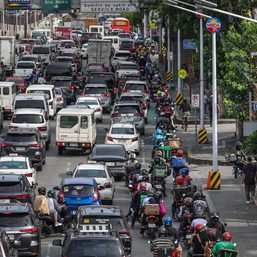

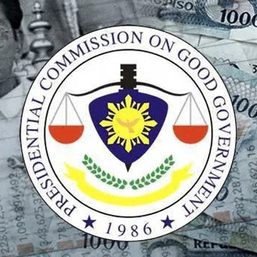

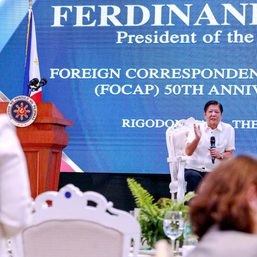
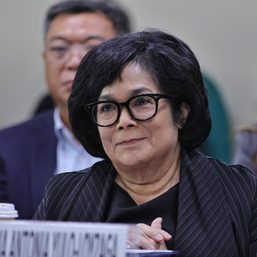
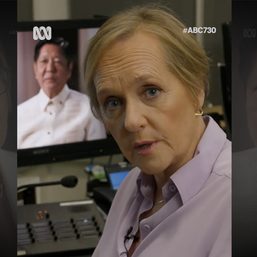
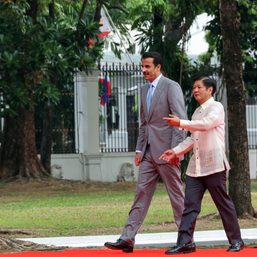
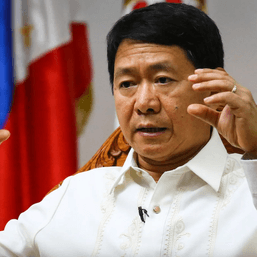
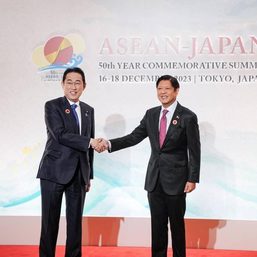
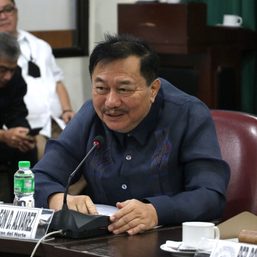
There are no comments yet. Add your comment to start the conversation.